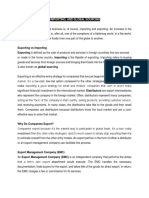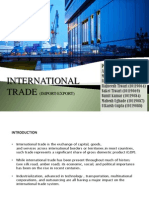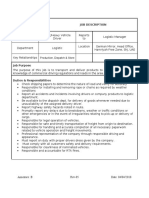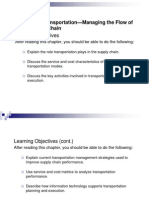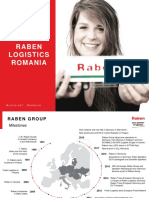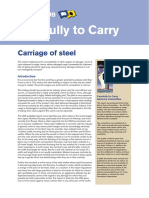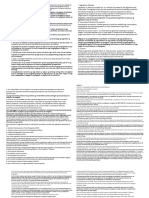0% found this document useful (0 votes)
34 views8 pagesChapter-11 International Business
International business involves the buying and selling of goods and services across national borders, including exports, imports, and re-exports. It is driven by factors such as resource distribution, production efficiency, and economic growth, providing benefits like foreign exchange earnings and improved living standards. The document outlines the procedures for exporting and importing goods, as well as the role of the World Trade Organization in facilitating international trade.
Uploaded by
ranchoddaschanchad72Copyright
© © All Rights Reserved
We take content rights seriously. If you suspect this is your content, claim it here.
Available Formats
Download as PDF, TXT or read online on Scribd
0% found this document useful (0 votes)
34 views8 pagesChapter-11 International Business
International business involves the buying and selling of goods and services across national borders, including exports, imports, and re-exports. It is driven by factors such as resource distribution, production efficiency, and economic growth, providing benefits like foreign exchange earnings and improved living standards. The document outlines the procedures for exporting and importing goods, as well as the role of the World Trade Organization in facilitating international trade.
Uploaded by
ranchoddaschanchad72Copyright
© © All Rights Reserved
We take content rights seriously. If you suspect this is your content, claim it here.
Available Formats
Download as PDF, TXT or read online on Scribd
/ 8




































